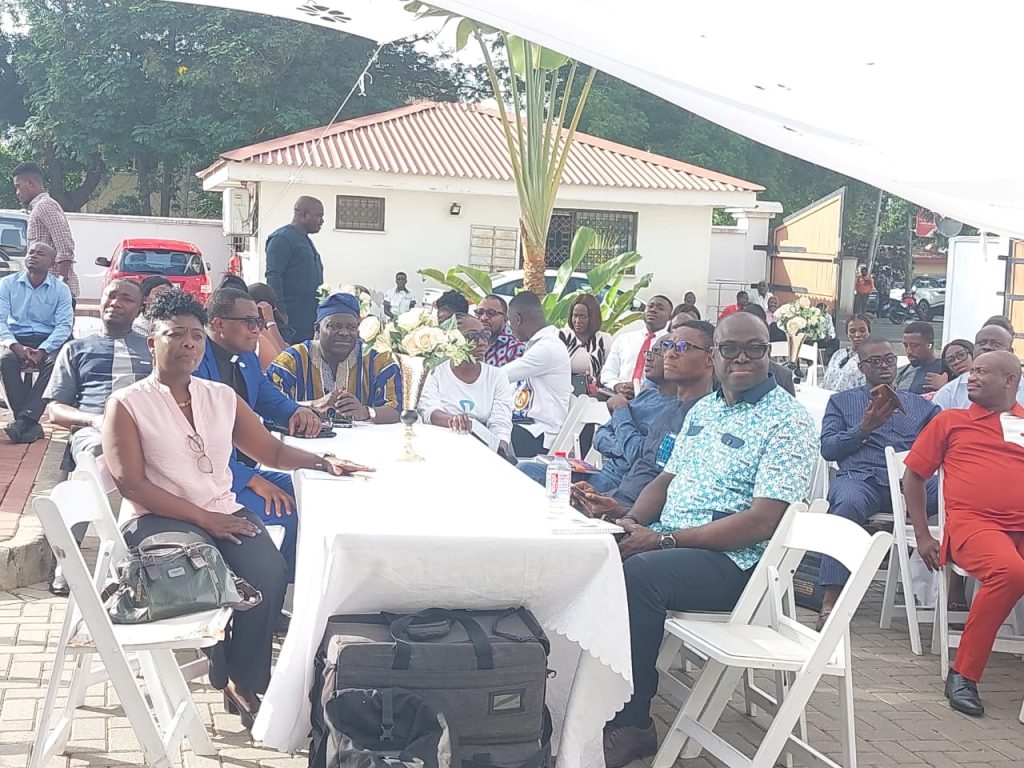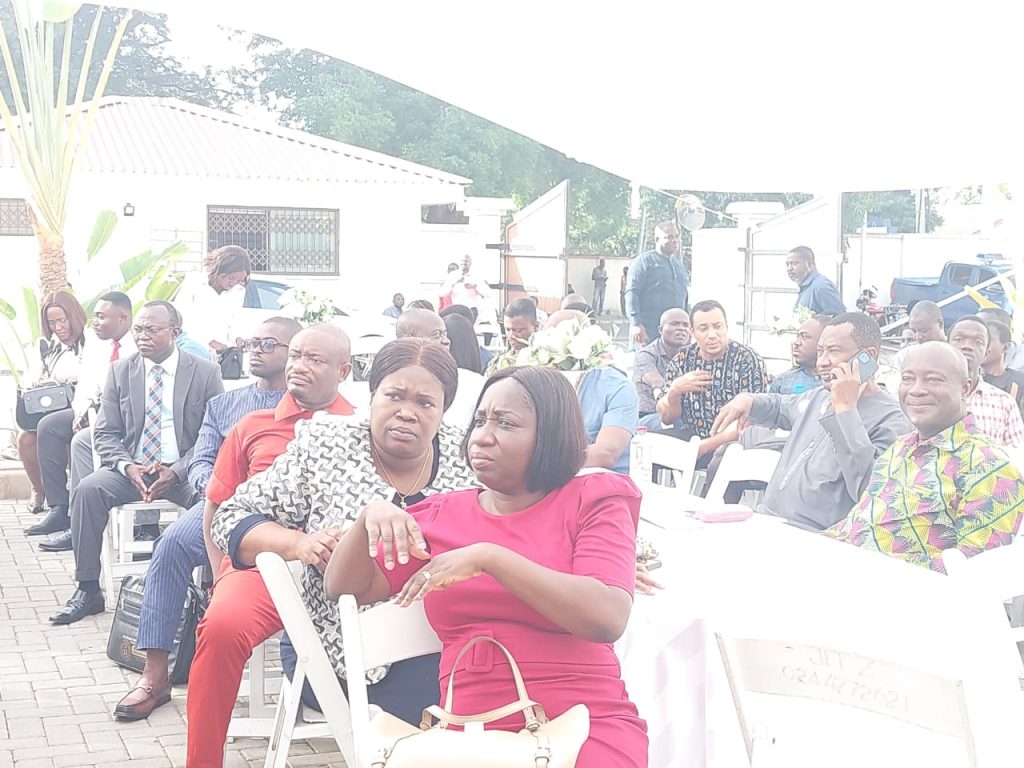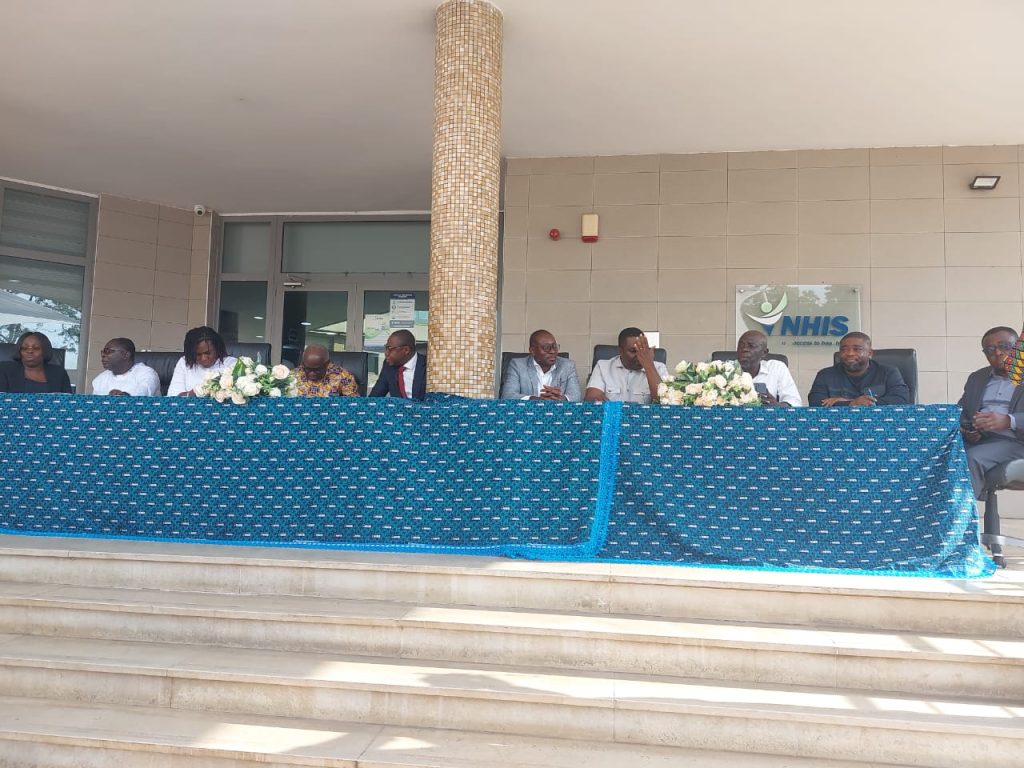By Daniel Adu Darko
Accra, Nov. 28, GNA – Over 400 Ghanaians battling kidney disease and struggling to afford life-saving dialysis treatments will soon receive much-needed relief as the National Health Insurance Authority (NHIA) starts its Free Dialysis Treatment program on December 1, 2024.
Speaking at the NHIA headquarters in Accra, Dr. DaCosta Aboagye, Chief Executive Officer of NHIA, announced that the programme was a collaborative effort involving 40 public health facilities and the Renal Unit to provide free dialysis sessions as part of the NHIA benefit package.
Dr. Aboagye disclosed that a six-month pilot programme conducted earlier this year revealed that 400 individuals currently require dialysis sessions.
The pilot, which started in June 2024, targeted 700 patients with three age groups: children under 18 and adults over 60 received full coverage for dialysis, while patients aged 19 to 59 were provided with two sessions each.
Funded by a GHS 4.2 million allocation—comprising GHS 2 million approved by Parliament and GHS 2.2 million from the NHIA Corporate Social Responsibility budget—the pilot programme laid the foundation for the nationwide rollout.

Using data on the prevalence of kidney disease in Ghana, the NHIA estimates that the programme could cost between GHS 20 million and GHS 57 million annually to support up to 1,200 patients.
However, Dr. Aboagye emphasized that the programme was financially sustainable.
“The NHIA has a projected budget of GHS 8.1 billion for 2025, with GHS 6.8 billion budget currently operational. Allocating GHS 57 million for dialysis treatments is feasible through internal cost adjustments and the reallocation of administrative funds,” he assured.
He added that additional funding could come from capping NHIA contributions to 20 per cent, as proposed by both the NPP and NDC in their manifestos, which would generate an extra GHS 1.3 billion annually.
To support the programme’s implementation, the NHIA, in collaboration with the Ministry of Health and the World Bank, is procuring additional dialysis machines.

Dr Aboagye revealed that 30 machines were ordered, of which seven have already been delivered.
“The remaining 23 machines are awaiting clearance at the port, and 15 more have been approved for procurement,” he stated.
Each dialysis machine comes with 2,000 consumables, ensuring that the 45 machines will generate 6,000 consumable sets.
This, Dr. Aboagye stated, guarantees the sustainability of the programme for years to come.
Additionally, the government’s Agenda 111 initiative will include Renal Units equipped with modern dialysis machines in district hospitals, further decentralizing access to care.
To address the root causes of kidney disease, the NHIA has integrated preventive and promotive health services into its benefit package. Ghanaians are now encouraged to undergo regular screenings for diabetes, hypertension, and Body Mass Index (BMI) at health facilities nationwide.

“These preventive measures will enable early detection and help reduce the incidence of kidney disease in Ghana,” Dr. Aboagye concluded.
The NHIA’s Free Dialysis Treatment programme is a landmark initiative aimed at improving access to critical healthcare services and reducing the financial burden on Ghanaians with kidney disease.
GNA